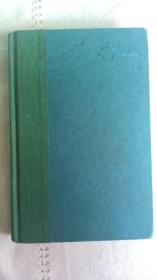
THE DREAM OF CONFUCIUS
法国汉学家勒维著作(Jean Lévi gives a fascinating account of two Great Men who lose both love and honor in their bitter, long struggle for power over a disintegrating empire)
¥ 400 八五品
仅1件
江苏南京
认证卖家担保交易快速发货售后保障
作者Jean Lévi
出版社Harcourt
出版时间1972
装帧精装
上书时间2018-05-16
- 店主推荐
- 最新上架
商品详情
- 品相描述:八五品
- 扉页有签字,内页四周具有泛黄迹象,见图。
- 商品描述
-
KIRKUS REVIEW
History as foretold by the I Ching and as dreamed by Confucius collides with the reality of ancient China--in this sequel to French writer LÇvi's Goncourt prize-winning The Chinese Emperor (1987). Tired of the cruel age of metal instituted by the austere emperor Chin, third-century B.C. Chinese yearn for a wise and compassionate ruler who will inaugurate an age of peace and prosperity. And just such a man has been foretold in the hexagrams of I Ching as well as dreamed by Confucius, who foresaw a commoner known as Whet-Iron rising to the dragon throne. In chapters headed by quotations from the hexagrams, the fulfilling of the dream and the prophecies begins as young Whet-Iron, whose mother was impregnated by a dragon, embarks upon his inexorable rise to imperial glory. He has an inauspicious start as a corrupt local police chief, but he's soon transformed in such ways as to gain recognition as a leader. Whet-Iron, who has his own reasons for believing in his eventual greatness, removes the Chin dynasty's emperor--with help from a slew of self-servers, loyalists, and idealists--but has to contend with the equally ambitious Plume. The two men and their armies devastate the country as they fight, and though Whet-Iron is ultimately successful, he turns out to be ``not the kind of compassionate ruler who would bring about the reign of Heaven on Earth.'' He might introduce ritual based on Confucianism, but in the end he was merely ``the steel that slashes and cuts to strengthen the trunk of Authority. As it must be, and always will be.'' Dreams deceive, prophecies only half-explain, reality is all. An age-old political lesson taught with insight and imagination, but lost sometimes in the hurly-burly of an incident- glutted plot and a confusion of characters. Subtle, if perhaps too subtle at times.
相关推荐
— 没有更多了 —






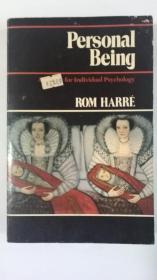
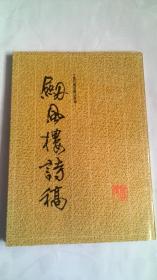
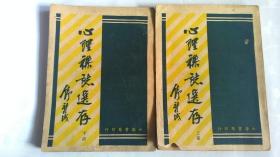






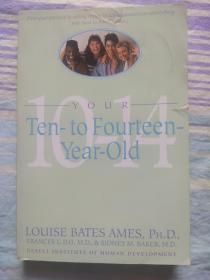
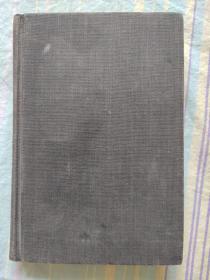

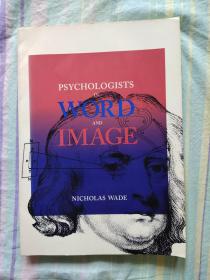
















以下为对购买帮助不大的评价